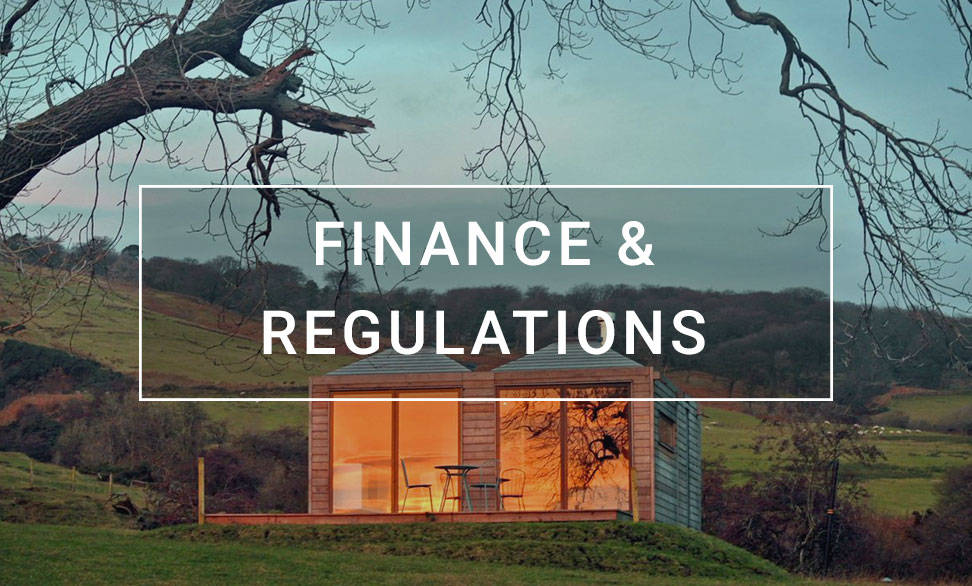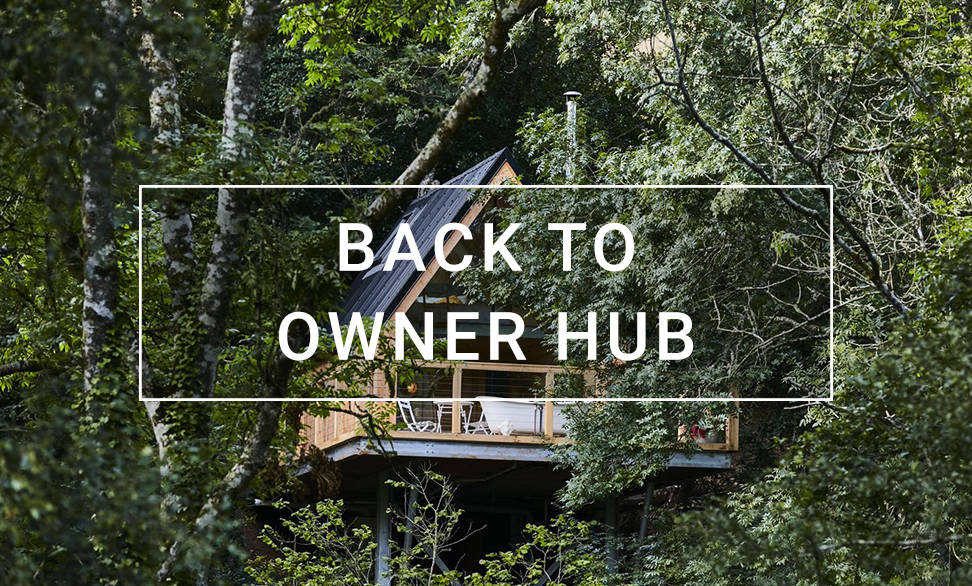Regulations on short term lets in England, Scotland & Wales Q&A
This article will help to answer your questions on the changes to short term let regulations and what you need to consider to ensure your business is compliant. This is only an overview and although we’ll update you whenever we can, we urge you to make sure you read more on the points covered and keep abreast of any further amendments.
1. What changes to licencing regulations are currently planned / have been implemented and what do I need to do now?
Scotland
- All existing short-term rentals including treehouses, cabins, yurts etc and B&Bs need to register for a short-term let license. Read more here.
- Safety issues are covered as part of the licence (e.g. gas, electricity, fire), and each place must have a valid EPC - Annex B - Short term lets - licensing scheme part 1: guidance for hosts and operators - gov.scot (www.gov.scot)
- A licence typically lasts for 3 years and the licence fee depends on the capacity of the place but starts from about £250. Each council has different rules and prices. The process can be quite complex and open to interpretation. Check your local council website for more information and to understand the specific rules in your area
- A new short-term let opening to market must apply for and get a licence before they can start taking bookings
- Legislation is expected regarding a tourism levy in Scotland but it is unlikely to be introduced until 2026. As yet we do not know how this will work or likely fees.
Wales
- From April 2022 the Welsh Government changed the criteria for a short-term let to qualify for business rates. This means from April 2023 a short-term let needs to be made available for 252 days and occupied by paying guests for 182 days in order to be eligible for business rates. Failure to reach 182 days will result in council tax premiums
- Any change in rates will happen as part of the Valuation Office Agency's (VOA) property assessments from 1st April 2023
- The council tax premiums will also apply to second homes
- For more information see - Changes to business rates rules for self-catering properties
- The Welsh government is currently consulting on a licensing/registration scheme for accommodation.
England
- The government have announced that a national registration scheme for short term lets will be implemented in Summer 2024 - more information here
- Planning permission will be required for future short-term lets
- Homeowners can continue to let out their own main or sole home for up to 90 nights a year
2. Will Canopy & Stars be removing owners that don’t have a licence?
- It is currently only Scotland that has implemented licencing legislation. We are hoping that everyone takes a pragmatic approach at the start, and we will be encouraging all owners to apply for a licence. The Scottish government / local councils will be responsible for enforcement. This is not Canopy & Stars’ role and we won’t be removing places because they haven’t issued us with licence details.
3. Will you be adding licence numbers?
Yes, this is something we will be working on once we think it’s important to show that the places we work with are complying with regulations.
4. What are the updates to fire regulations and how do these affect my self-catering property?
Scotland:
- Fire regulations in Scotland already changed in 2022 and a Fire Risk Assessment is required for all properties. Information can be found here Fire safety - existing premises with sleeping accommodation: practical guidance - gov.scot (www.gov.scot)
Wales:
- From 1 October 2023, all owners that let their property, even for a single night, will need to have a full written and recorded Fire Risk Assessment, by law. There are other changes to the regulations, so please refer to this document - A guide to making your guest accommodation safe from fire
England:
- From 1 October 2023, all owners that let their property, even for a single night, will need to have a full written and recorded Fire Risk Assessment by law. There are also other changes to the regulations. This includes ‘small guest paying accommodation’.
- Small guest paying accommodation is defined as:
- Single premises of ground floor, or ground and first floor, providing sleeping accommodation for a maximum of 10 persons, with no more than four bedrooms on the first floor, such as houses, cottages, and chalets, and individual flats (whether within a purpose-built block of flats or a house that has been converted into flats), for more information on the requirements for your property visit: Fire safety risk assessment: sleeping accommodation OR Making your small paying guest accommodation safe from fire
5. Do the fire regulations cover glamping / Canopy & Stars properties?
There is some ambiguity over whether ‘outdoor accommodation’ (e.g. shepherd’s huts, treehouses, cabins, tipis, pods and yurts) fall within the regulation, rather than simply guidance. The advice from legal experts indicates that it would be prudent to consider this guidance and adhere to these rules. Apart from the importance of ensuring guest safety, there may be implications for insurance if you have failed to follow this guidance.
6. I haven’t investigated the new fire regulations yet; will I be stopped form operating?
- There is no need to panic if you haven’t considered these regulation changes. For simple properties, the changes are straightforward and easy to adopt. The Fire Service will take a pragmatic approach and are there to help and support you. The first and most important thing to do is to carry out a Fire Risk Assessment, record it, identify any potential fire hazards and record the timeframes in which you plan to make the improvements.
- A 5-step checklist has also been published to help people responsible complete a fire safety risk assessment.
7. Will Canopy & Stars be removing owners that don’t have a Fire Risk Assessment?
- For all new owners we will be asking for Fire Risk Assessment prior to them joining our collection. With existing owners where we do not have evidence of a Fire Risk Assessment, we will be working with them to ensure this is in place as soon as possible.
If you have any questions regarding short term let regulations or need support on finding further information, please do not hesitate to contact our Owners Team on owners@canopyandstars.co.uk or call us on 01172047857


